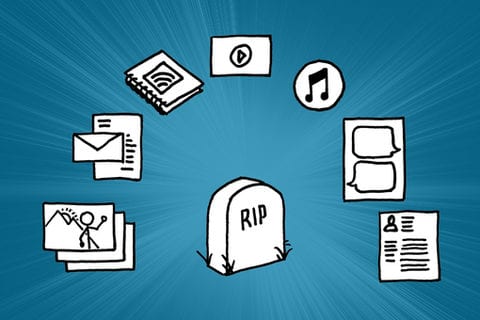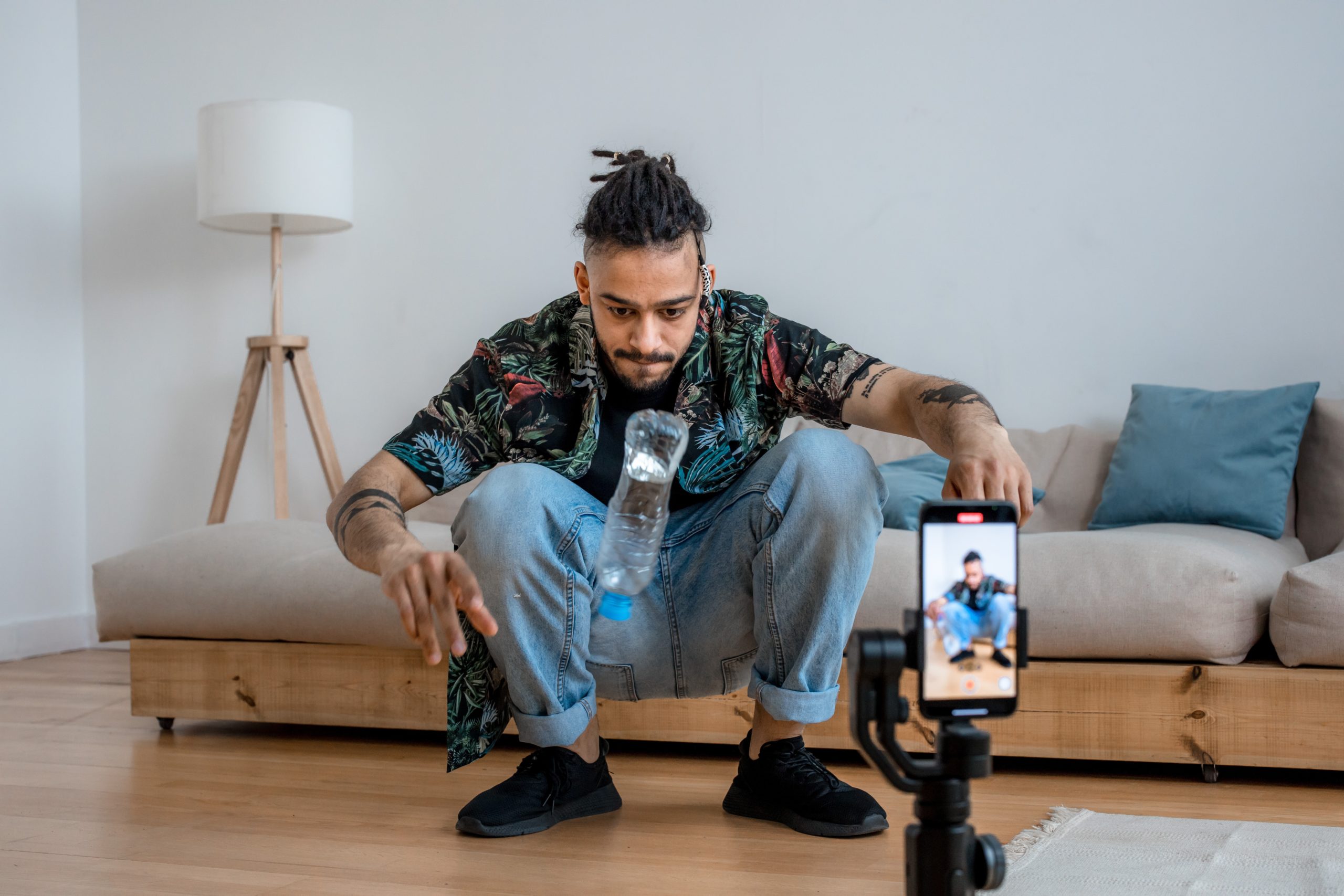 SXSW is, among other things, an exercise in standing in lines. And standing in lines is an excellent time to contemplate your own mortality, particularly if you are me and if your socks are wet (I am and they were.) So, I had the perfect mindset to attend the Digital Immortals Panel.
SXSW is, among other things, an exercise in standing in lines. And standing in lines is an excellent time to contemplate your own mortality, particularly if you are me and if your socks are wet (I am and they were.) So, I had the perfect mindset to attend the Digital Immortals Panel.
This panel, the best curated session I attended, sought to address what happens (or what should happen) to our digital selves after our corporeal selves die. Panelists included Evan Carroll, whose book The Digital Beyond asks the question, ‘When Facebook, Flickr and Twitter Are Your Estate, What’s Your Legacy?’, Adam Ostrow, who has been associated with this topic since this TED talk last summer, and Airdrie Miller, whose husband Derek passed away last spring and made a viral impression with his last blog post.
You have at least one thing in common with your grandmother; you are going to die. But unlike Grandma, who may have left behind a box full of old photographs and letters and some costume jewelry, the active social media user has the potential to leave behind terabytes of information. But how much information is too much? And can leaving a rich digital legacy help loved ones cope or will it hinder the natural grieving process?
Today, digital legacy management is an emerging industry. Tools like ifidie, My Wonderful Life, 1000 Memories, and Dead Man’s Switch help pre-deceased and survivors alike plan a funeral, deactivate online accounts and establish virtual memorials.
Bill LeFurgy, Digital Initiatives Manager of the Library of Congress, cautions that we shouldn’t rely on “the cloud” to do our personal archiving for us. Part of LeFurgy’s mandate is teaching people how to apply institutional archiving standards to documenting personal history. Digitalpreservation.gov is a great resource to those who are looking for help getting started with this process.
As technology continues to evolve, our legacy data need not remain static. In an interesting test case, author Salman Rushdie donated his papers, including his MacBooks, to Emory University. The school’s archival and technology teams worked to create clones of Rushdie’s desktop; today students can check out a virtual copy of Rushdie’s laptop to delve into his files or tinker with the prose of his novels, from an intimate perspective.
Earlier in the day, I attended a talk by Stephen Wolfram, founder of Wolfram Alpha, the computational knowledge engine, who spoke about the possibilities as high level computing evolves and becomes more widely available to everyone on the planet.
Based on his engine, and if you have the data it will be possible to know not only what your father had for lunch in 2012, but what he would have had for lunch if he were still alive on the first Tuesday in March, 2060.
I enjoy playing around on Cleverbot, but would I want to chat with a ‘bot that was populated with an artificial intelligence based on the data patterns of my deceased mother? (I would not.)
When Airdrie Miller was asked if she had any interest in interacting with a robot modeled after her deceased husband she wondered, “And what would I say to Robot Derek when it was time for me to go out on a date?”
When our bodies expire should our virtual souls expire as well? Or, as the tidal wave of legacy data washes ashore, are we destined to be haunted by digital ghosts?
Image via SXSW.com.


